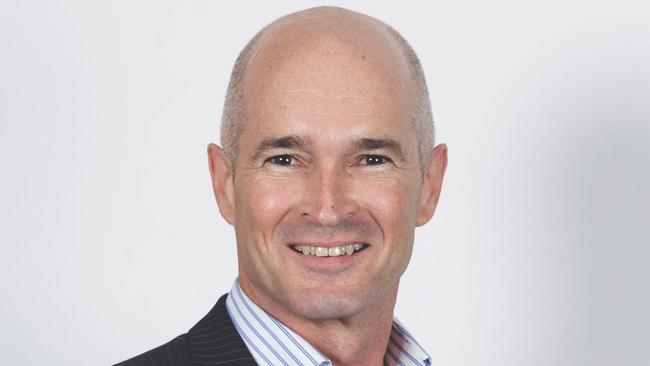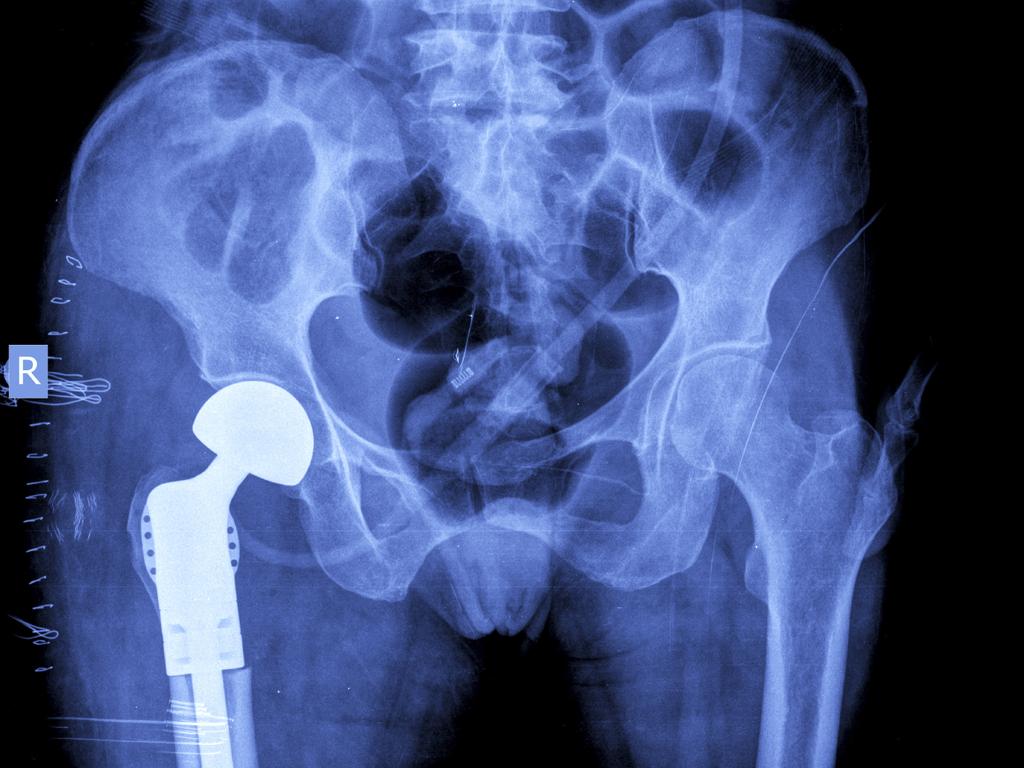Proposal leaves surgeons bound by private health
Australians paying thousands of dollars a year in health insurance could have their access to life-changing medical devices severely limited.

Australians paying thousands of dollars a year in health insurance could have their access to life-changing medical devices severely limited under proposed changes to the national Prostheses List.
The proposals would move decisions about what device to use out of the hands of surgeons and into the hands of financially driven insurers, a coalition of medical organisations has warned.
The groups fear the federal government intends to scrap the Prostheses List, which dictates how much insurers must pay for surgical implants given to members, in a bid to reduce costs and reduce premiums.
They say that would stop surgeons choosing the most appropriate devices, leaving patients and hospitals to either pick up the cost difference or miss out on the best technology.
Health Minister Greg Hunt denied the government was planning to abolish the Prostheses List but acknowledged it was pursuing reforms to drive down the price of medical devices and “to put further downward pressure on private health insurance fees”.
The Prostheses List includes prosthetic hips and knees, pacemakers, heart valves, and ophthalmic lenses, all of which insurers are required to pay for under the Private Health Insurance Act 2007, providing a customer has the appropriate cover.
In December, the Department of Health called for submissions to proposed changes to the system.
In a statement released on Tuesday the Australian Medical Association, Australian Private Hospitals Association, Consumer Health Forum and the Medical Technology Association of Australia concluded changes could see patients missing out on vital surgeries at the discretion of private health insurers. Private health insurers dispute that claim.
The group claimed the Health Department planned to introduce a system under which hospitals are only funded to cover the cost of devices used in an average case, rather than the actual cost.
“This will place further strain on public hospitals and massively increase waiting times for procedures required by many elderly Australians, such as hip and knee replacements and lens replacements for cataract treatment,” the group said.
“This ignores the fact each patient and their healthcare needs are different — despite a similar diagnosis. This will leave patients and hospitals to pick up the cost for the difference, or simply miss out on accessing the necessary medical devices.”








To join the conversation, please log in. Don't have an account? Register
Join the conversation, you are commenting as Logout